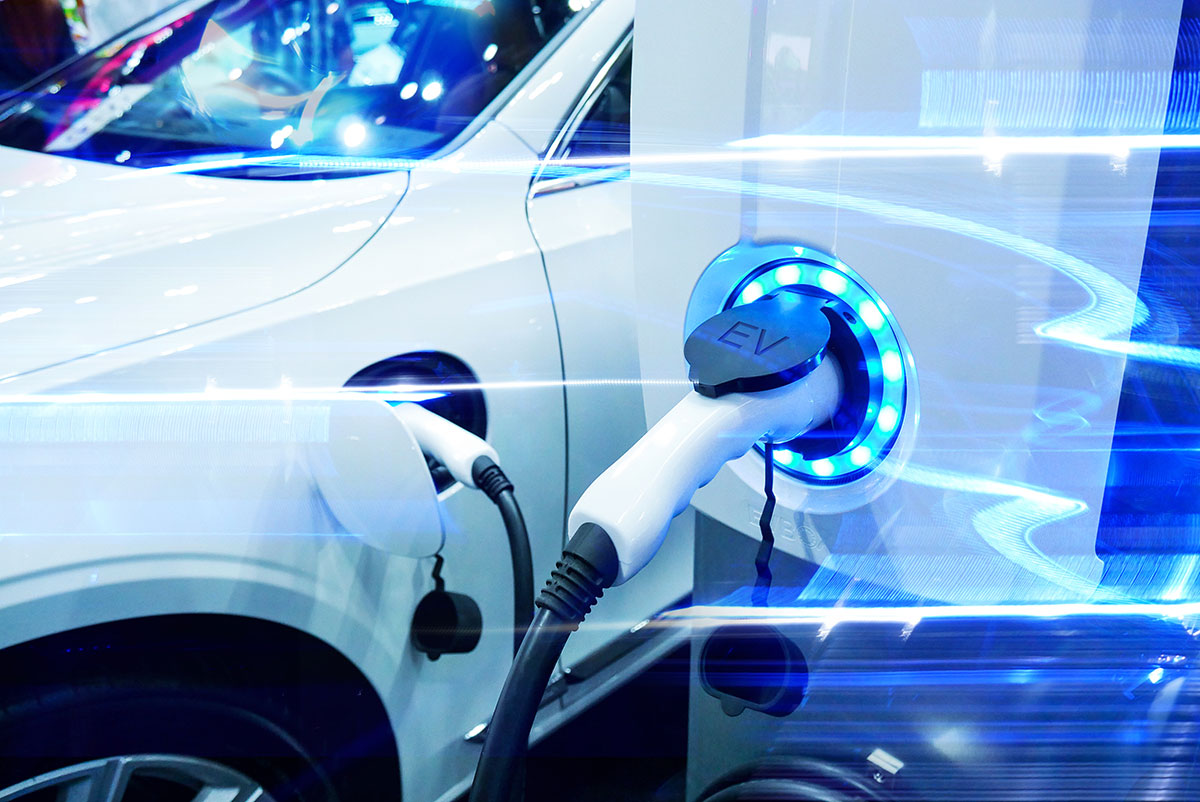Can the road supply the car with energy in the future?
RWTH scientists want to develop concepts and material systems for the transfer of energy between vehicles and roads and research integration into the infrastructure. The aim is for vehicles to obtain the energy they need for operation or fast charging from an induction field while they are driving. Induction modules embedded in the street generate the energy. As part of the project “InductInfra – inductive dynamic energy supply of vehicles via the road traffic infrastructure”, the Institute for Roads under the direction of Professor Markus Oeser and the Institute for Electrical Machines of Professor Kay Hameyer are cooperating. The Federal Ministry of Transport and Digital Infrastructure is funding the work through the “Road Innovation Program” until October 2023 with around 1.6 million euros.
The focus is currently on the electrification of private and commercial transport. There are still many problem areas for long-distance transport, such as insufficient range, battery size, battery weight and the incomplete charging infrastructure. One solution could be continuous charging or energy transfer between the vehicle and the lane while driving. This would make electric vehicles with virtually unlimited range, moderate battery size and low battery weight possible.
The aim of RWTH research is to develop induction modules, the necessary materials and technologies for their permanent integration into the transport infrastructure. The potential, operational reliability and cost-effectiveness of supplying the induction modules with regenerative energy are also determined.

